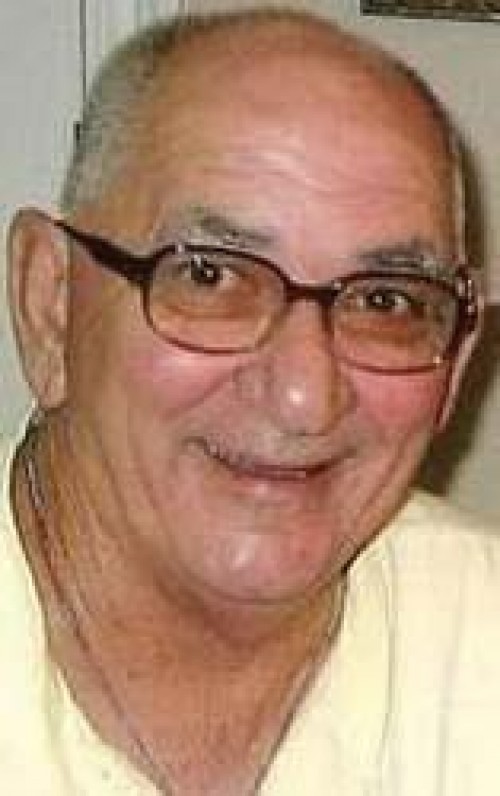
Irvin J. "Black" Landry Sr.
April 28, 2009Curt John Ordoyne
April 30, 2009“Britain’s Got Talent” singing phenom Susan Boyle has recently gained popularity on YouTube with her rendition of “I Had a Dream” from the musical “Les Misérables.”
After hearing her sing, I took out my copy of “Les Misérables” 10th anniversary edition and listened to it again. While enjoying the beautiful music based on Victor Hugo’s 1862 novel, it came to me that this story lends an answer to our nation’s overcrowded jail woes.
Hugo’s tale begins in 1815 in Toulon, France. The main character, Jean Valjean, is released from prison after serving 19 years for stealing a loaf of bread for his sister’s starving family and for attempting multiple escapes.
Valjean is also ordered to carry a “yellow card” to show that he is on parole.
Society rejects Valjean because of his criminal background. He cannot find a job or a place to live, and lives out his days angry and bitter.
The saintly Bishop Myriel, the bishop of Digne, takes Valjean in and gives him food and shelter. But in the middle of the night, Valjean steals the bishop’s silverware and flees.
The police soon capture Valjean and bring him before the bishop. Our protagonist tells police the bishop gave him the silverware. The bishop rescues Valjean by agreeing the stolen items were a gift, noting in the meantime that the best part of the gift – two silver candlesticks – had been left behind.
This act of kindness changes Valjean’s life. He breaks his parole, changes his identity and becomes a factory owner and the mayor of a small town.
Valjean later adopts Cosette, the daughter of Fantine, a factory worker whom the supervisor fired, because she had become a prostitute to support her illegitimate daughter.
Inspector Javert is a parole officer who devotes his life to enforcing the law. For Javert, the law is absolute. He has an “eye for an eye” mentality and believes that “once a thief, always a thief.”
Javert’s rigid outlook on life is the very cause of his downfall. He chases after Valjean for years because he broke his parole.
Later in the story, when Valjean has an opportunity to kill Javert in the student revolution of 1832, Valjean, in an act of kindness, spares nemesis’ life and lets him go free.
Javert has a hard time coming to terms with this act of kindness from a “criminal.” He decides he cannot live in debt to Valjean and kills himself by jumping into the Seine River.
A few weeks ago, Parade Magazine printed a statement by Virginia’s Sen. Jim Webb on its front cover: “America imprisons 756 inmates per 100,000 residents, a rate nearly five times the world’s average. About one in every 31 adults in this country is in jail or on supervised release. Either we are the most evil people on earth or we are doing something very wrong.”
Maybe we have been taking Javert’s approach to non-violent lawbreakers. We lock them up and they come out of jail worse than when they went in. Perhaps we should take Bishop Myriel’s approach: confront the lawbreaker, challenge him or her, ensure restitution is made and show kindness.
Consider this: Who are the people who have most affected your life? I am sure the vast majority will mention someone who reached out and showed kindness and guidance in your time of need. We all make mistakes, but it is important that we learn from our mistakes.
The former prisoner, Valjean, was shown love. He then turned his life around and practiced the virtue of love. At the end of the musical, Valjean sings, “To love another person is to see the face of God.”
Love is the most powerful force in the world, and God’s grace is always possible.








